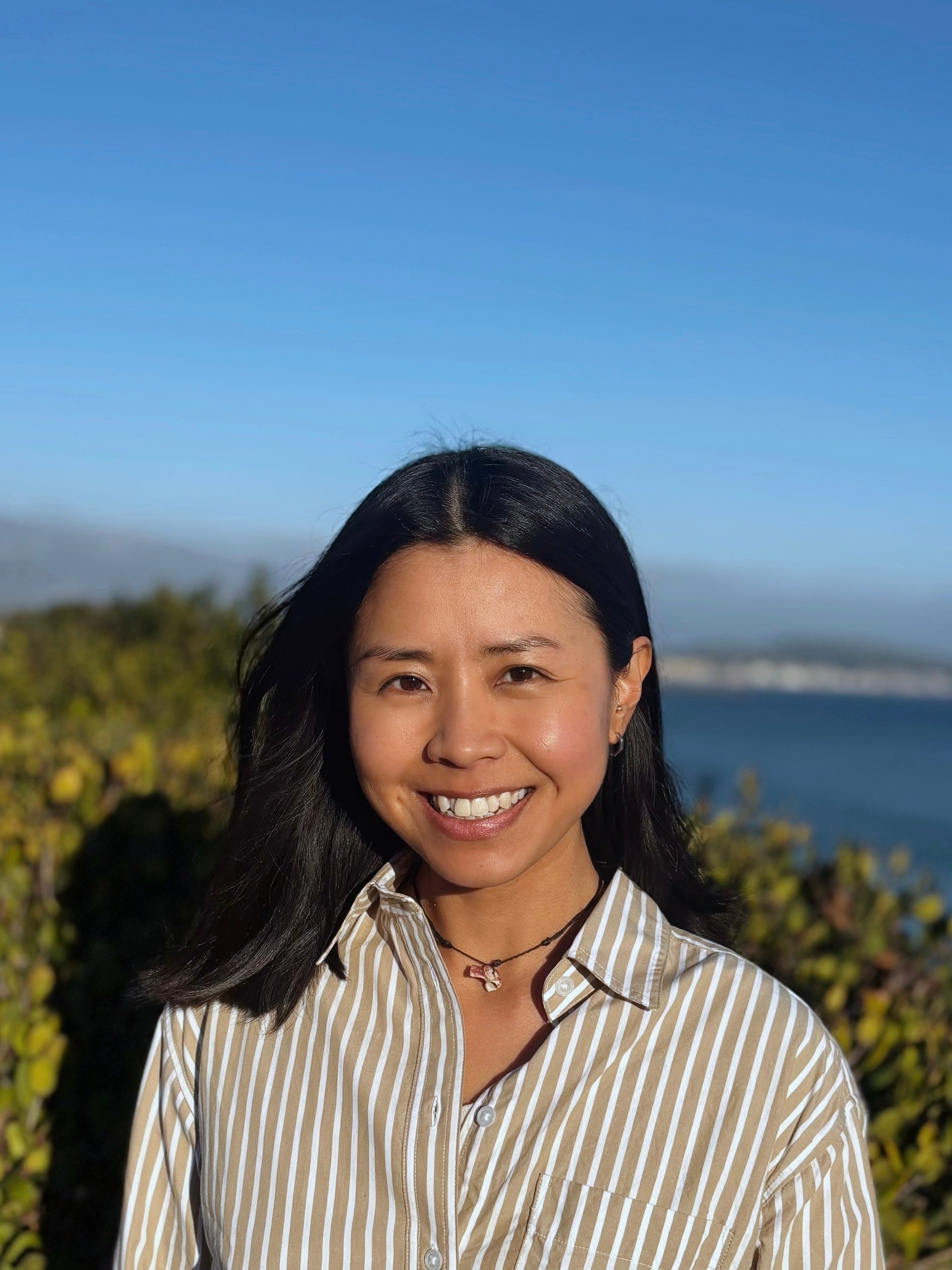The Economics of Inequality in Hydrological Systems

PHD DISSERTATION DEFENSE
Advisor: Tamma Carleton
Committee: Chris Costello, Olivier Deschênes, Kyle Meng
This defense will be presented in person. Join us in the MSI Auditorium or watch online using this link and passcode water
ABSTRACT
This dissertation examines how water scarcity and environmental change interact with regulatory structures to generate unequal outcomes. In California, I show that drought conditions intensify agricultural groundwater pumping, increasing drawdown of contaminants into groundwater supplies. Where adaptive capacity is unequal, this response can worsen environmental inequality: Latino/a communities face increased drinking water contamination during dry periods as a result, driven by disparities in drinking water infrastructure.
I then assess how regulatory design to correct groundwater overpumping can shape agricultural production, employment, and social equity. Using a structural model calibrated with farm-level data, I compare market-based and proportional groundwater cutbacks mandated under the Sustainable Groundwater Management Act (SGMA). I find that markets increase farm profits and employment but cause the exit of small farms, leading to increased consolidation. Gains are largely driven by locations with high crop diversity.
Finally, I turn to the global scale, quantifying economic dependencies on atmospheric moisture recycling -- a critical yet underrecognized component of the hydrological cycle. Forest loss under current trends will disproportionately disrupt rainfall in lower-income, inland regions that depend on rainfed agriculture, revealing an understudied dimension of climate risk. Together, these studies demonstrate that both environmental change and policy design can deepen socioeconomic disparities unless equity is explicitly considered.
BIO
Sandy is an environmental economist whose research examines how environmental change and policy affect inequality, with a focus on water resources. Her work integrates methods in environmental economics and industrial organization with rich environmental and administrative data to study the drivers of socioeconomic and environmental disparities in water systems. Her recent work focuses on the equity impacts of agricultural water scarcity and regulation in California.